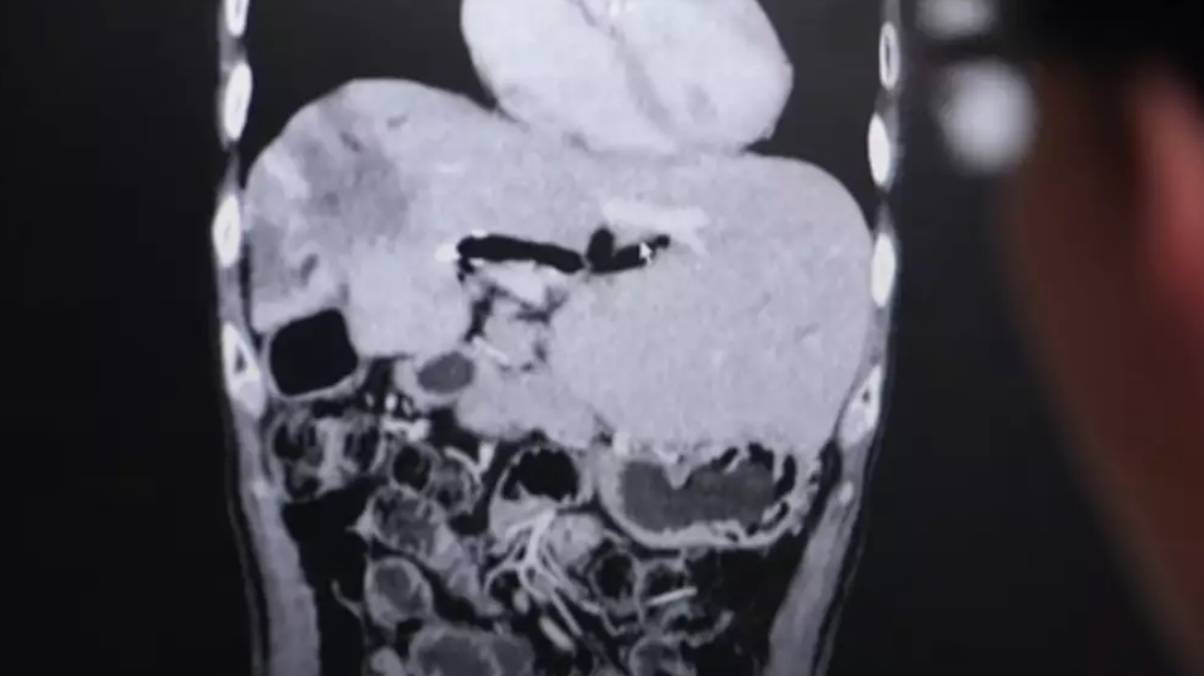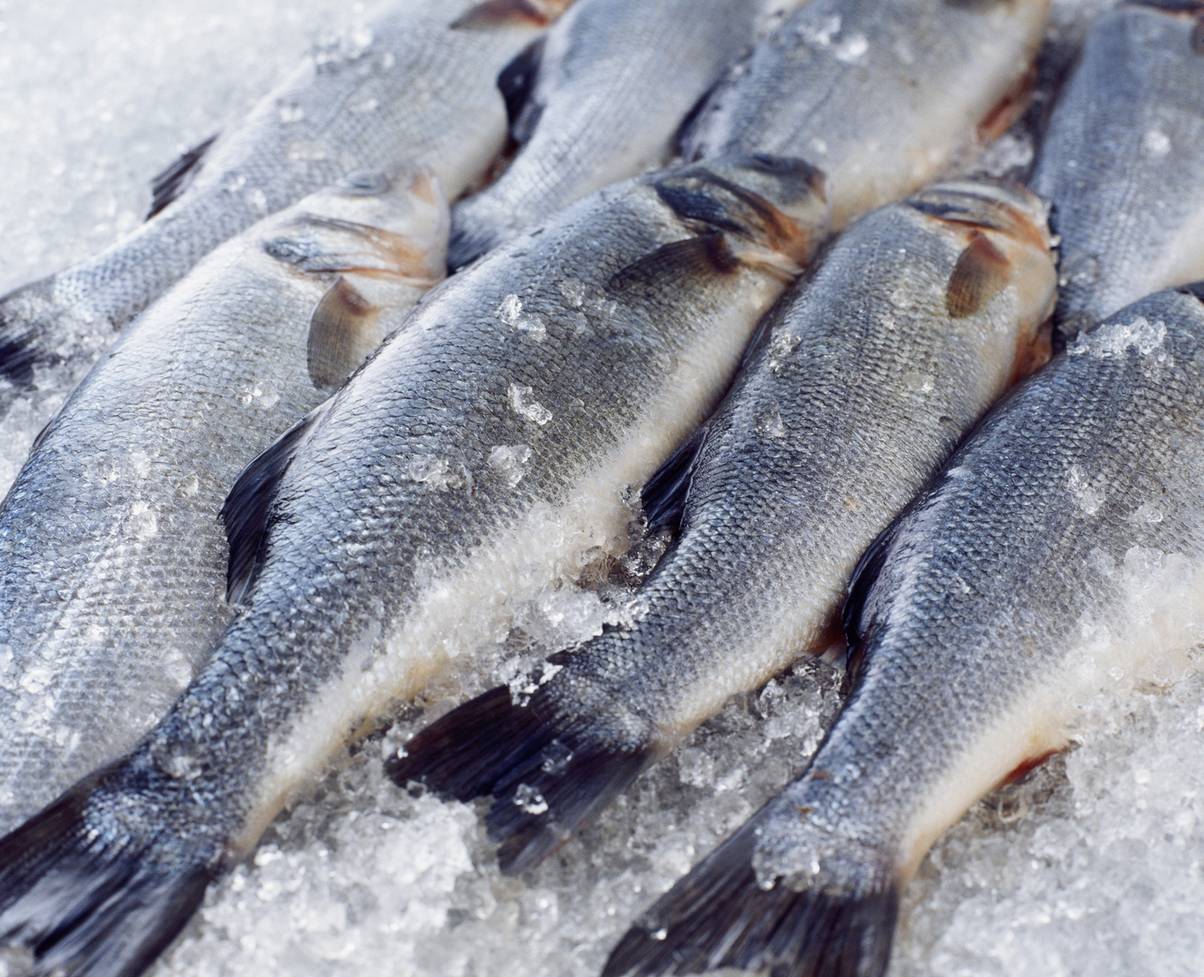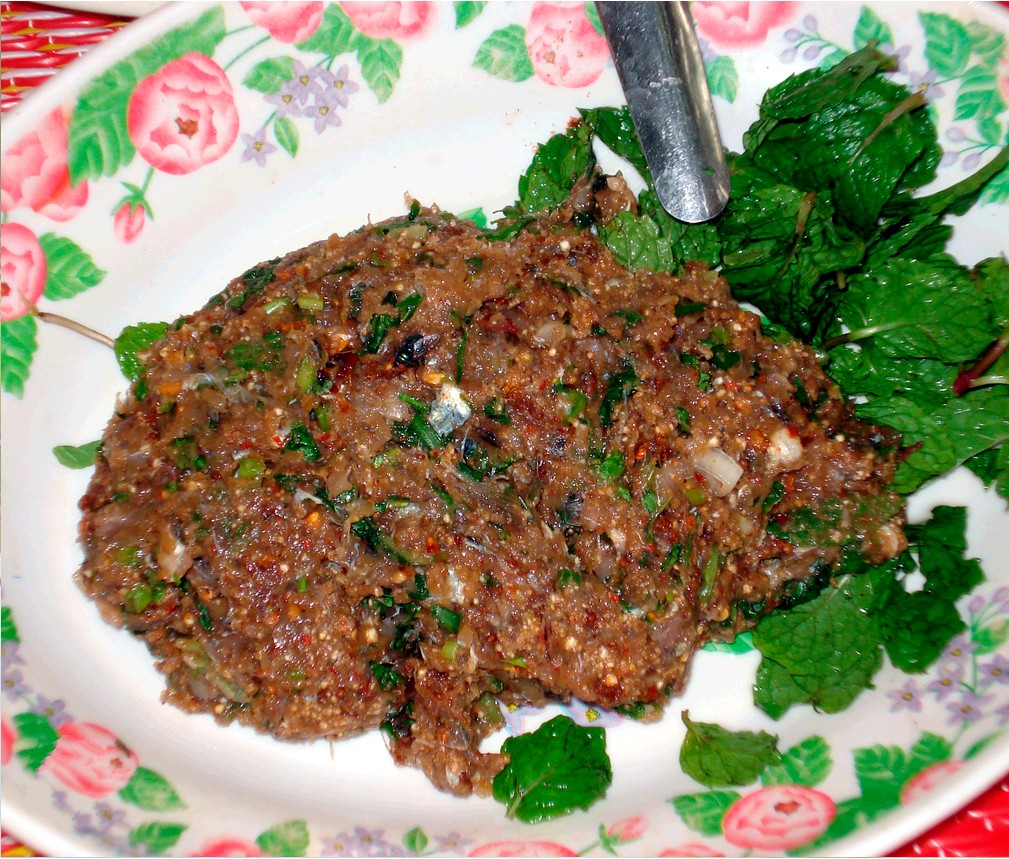Thai Dish Danger: One Bite Could Lead to Liver Cancer, Residents React to Health Alert

A hazardous dish from Southeast Asia has the potential to cause liver cancer.
While Thai cuisine is known for its delightful flavors, one particular dish poses a serious health risk.
Residents in the Thai provinces of Khon Kaen and Isaan, in particular, relish the well-known seafood dish more than others.
However, it has been discovered that even a single bite of this dish can lead to lethal liver cancer, with studies indicating a concerning prevalence of the disease in communities that frequently consume it.
It is so perilous that health experts have advised against eating it altogether, a warning that locals have largely disregarded for various reasons.
What is this dish, and why should it be avoided if you travel to the Southeast?
What is the dish?
This dish is known as koi pla, featuring minced raw fish combined with herbs, live red ants, spices, and lemon juice.
While it may appeal to some adventurous eaters, the raw fish may harbor dangerous organisms.
It is a well-liked dish in northeastern Thailand, served immediately after preparation, with the raw fish’s texture altered by the acidity of lime juice.
Why is it dangerous?
The raw fish can be infested with parasitic organisms that may lead to liver cancer.
The BBC has previously reported that areas in Thailand where this dish is popular have shown elevated liver cancer rates.
Some communities have reported that as much as 80 percent of their population carries the parasites that can cause cancer, although this usually doesn’t manifest until the host reaches the age of 50.
X-ray explained

An X-ray of a person who consumed koi pla has been made public, revealing the parasite in their digestive tract.
This can ultimately lead to the individual’s death, posing a significant risk to life in these communities.
Some instances have shown parasites in children as young as four.
Research on these parasites has shown that they release chemicals that activate the immune response in their host, leading to inflammation.
This can progress to a chronic condition and ultimately result in cancer.
Warnings from doctors
Thai physician Narong Khuntikeo has collaborated with other doctors, scientists, and anthropologists to examine villagers in the Isaan region who may harbor the parasite.
Dr. Khuntikeo tragically lost both of his parents to liver cancer as a result of eating this dish, and he explained to Agence France-Presse, “It’s a very significant health burden around here.”
“But nobody is aware of this because they die quietly, like leaves falling from a tree.”
If the disease is not treated surgically, it has one of the lowest survival rates among cancers.
Symptoms may include jaundice, weight loss, abdominal discomfort, altered bowel habits, itchy skin, and general malaise.

Response from residents
While the doctor has utilized ultrasound and urine testing to investigate the condition, it appears that residents are not very receptive to his findings.
Isaan is the region with the highest reported disease rates as locals consume koi pla frequently.
Experts have advised cooking the raw fish to prevent parasite ingestion, but locals argue that this diminishes the dish’s flavor.
Dr. Khuntikeo noted that some Thai residents are willing to risk their lives for the flavorful dish.
Millions continue to consume the raw fish dish, despite the alarming evidence, with the doctor highlighting the older population who seem less concerned.
“They’ll say: ‘Oh well, there are many ways to die,'” he remarked about the common response he receives from locals when he shares his recommendations.
He added, “But I cannot accept this answer.”
However, there is hope, as Dr. Khuntikeo aims to reach the younger generation with the assistance of health officials.
A school program is in development to educate children on the dangers of raw foods.
